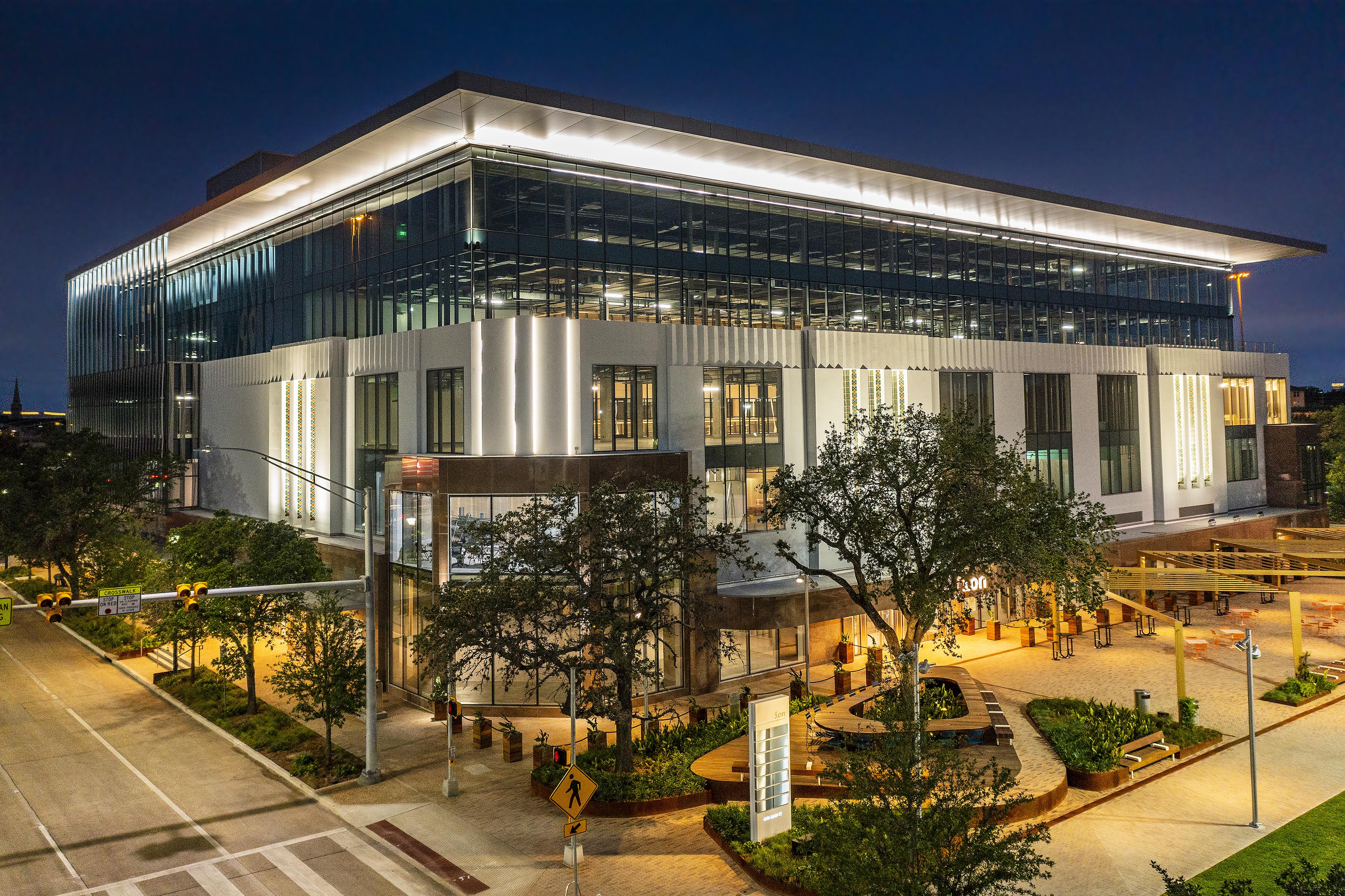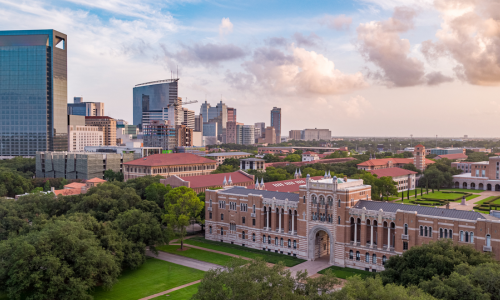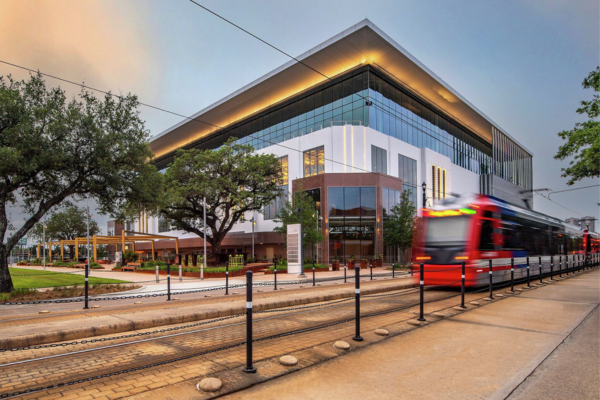Houston Continues to Build Its Reputation as Emerging Tech Hub
Published Aug 18, 2023 by Taylor Tatum
As a home to world-changing innovations and a talented labor pool, Houston has been an attractive region for startups and digital tech firms for years. But it’s only recently that Houston has begun to receive its due as a prominent emerging tech hub, joining the likes of San Francisco and Austin as a major player in the sector and as a center of activity for the next generation of innovators and entrepreneurs.
According to Houston Facts, venture-backed startups have received more than $6 billion in venture capital funding over the last five years. Another testament to Houston’s thriving startup ecosystem is that the region has cemented more than 80 startup development organizations (SDOs), including incubators and accelerators, makerspaces, co-working spaces, non-profits, and academic institutions that have succeeded in forming a growing network of resources to assist Houston’s tech entrepreneurs.
That growing network of resources was instrumental in the decision of Mallard Bay, a Louisiana-based online Airbnb-style marketplace for booking guided fishing and hunting trips, to expand its offices into Houston and join the Greater Houston Partnership as a member.
Mallard Bay participated in the 2022 Rice Business Plan Competition, winning $218,000 – the fourth most in investments and prizes. The international student startup competition also allowed Mallard Bay’s founders to network with a host of investors and funding sources, leading to an introduction to Softeq Venture Studio, which invests in early-stage startups.
“Entering the Rice Business Plan competition... not only [helped] us raise money, but the recognition and the contacts we made were instrumental in growing the business and sparked the idea to expand to Houston,” Logan Meaux, co-founder and CEO of Mallard Bay, said in a press release. “Prior to the competition, we were unaware of all that the Houston startup ecosystem had to offer, but quickly realized the value of having a network here in Houston.”
Mallard Bay said that it believes its expansion into Houston will bring a wealth of future growth opportunities, thanks to the region’s robust infrastructure to support innovation, entrepreneurship, and investment.
A recent push by Houston leaders to attract more startups has produced a surge of incubator and accelerator activity, while Houston’s universities are also making efforts to drive innovation, with the entrepreneurship programs at Rice University and University of Houston being singled out by Princeton Review as some of the top programs in the nation. The University of Houston also plans to open an Innovation Hub in 2025, in hopes of further catalyzing innovation in our region.
According to Craig Rhodes, Vice President of Regional Economic Development at the Partnership, “When an event like the Rice Business Plan Competition brings the top collegiate entrepreneurs to Houston, we now have the resources in place to attract these exciting innovative companies to want to grow in our community.”
The Ion is another vital piece of Houston’s startup and tech ecosystem, offering 266,000 square feet of commercial office space for established tech companies, co-working space for early-stage startups, and common space for events and programming. Established in 2021, The Ion has since become the main hub in the thriving Ion District, a 16-acre innovation community and economic engine that is currently home to over 300 businesses and continues to invest in the tech sector’s job training and talent pipeline.
Home to more than 230,800 tech workers, Houston is a thriving hub of digital tech talent, with its tech workforce only expected to grow. According to a Dice study, Houston led all cities in tech job posting growth in 2022, with a 45.6 percent increase year over year.
Learn more about Houston’s tech and innovation ecosystem.
 The Houston Report
The Houston Report





















